One of the primary food choices for horses is hay, and it's important to know that hay provides your horse with the best nutrients. Horses eat over 20 pounds of hay daily, so it's essential to understand the types of hay you can feed your horse.
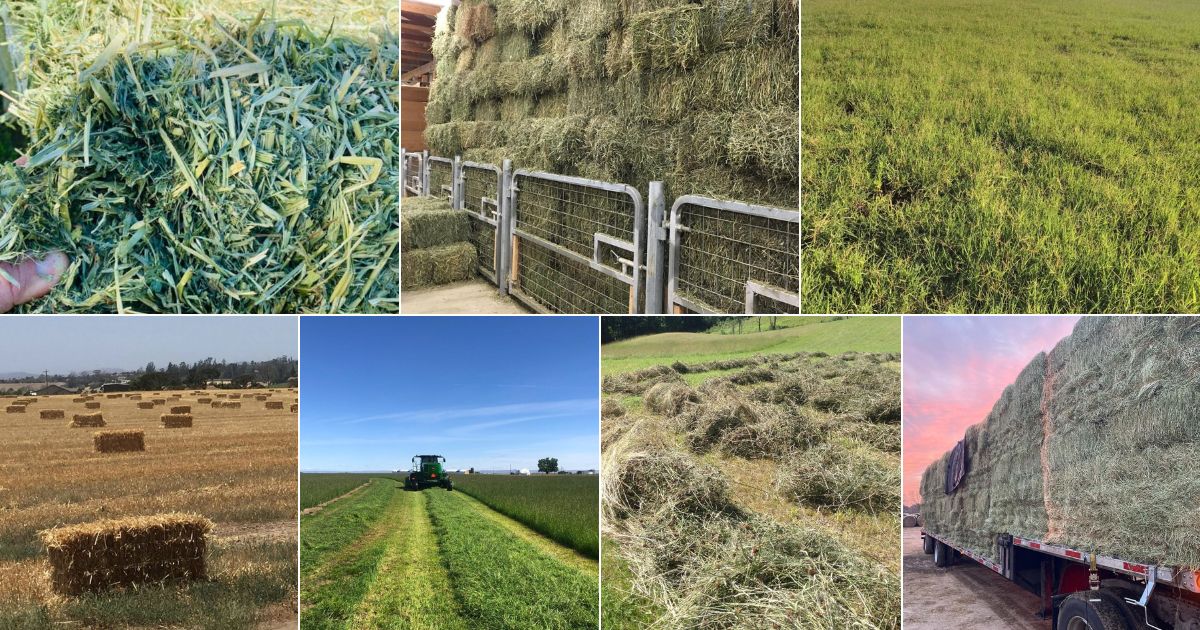
Each type of hay is different, so you must check the quality of the hay you purchase to ensure it's the best source of nutrients for your horse.
Jump to:
1. Alfalfa Hay
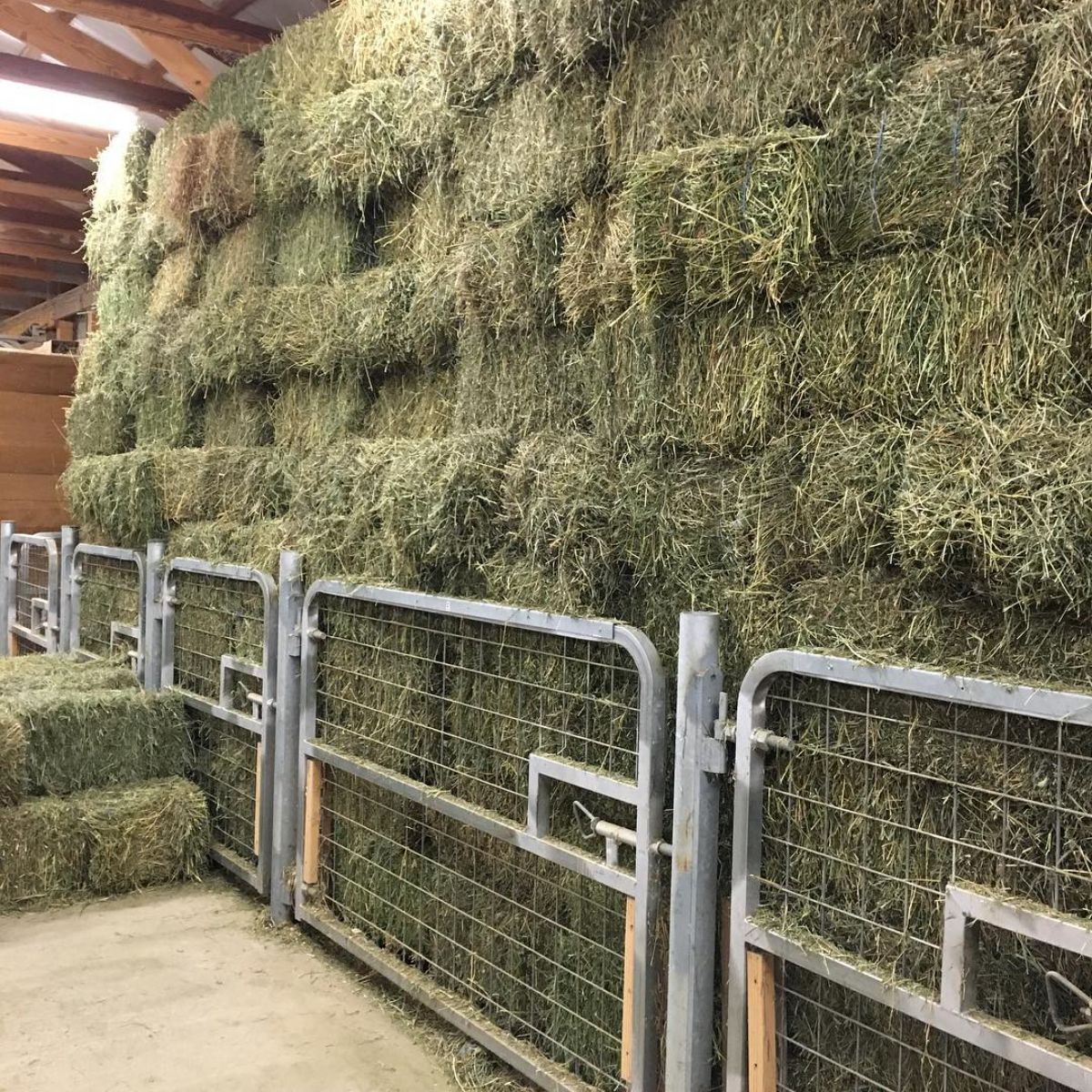
Alfalfa hay is the best hay for horses in winter. Alfalfa hay is a type of hay that's less digestible than other types because it results in more heat produced during the winter.
In addition, a horse's internal central heating system derives fuel from Alfalfa hay's high protein content. As the temperature drops, you must ensure your horse consumes enough calories to stay warm throughout the night. Alfalfa hay increases horses' metabolic heat production, which helps maintain their body temperature during the cold.
2. Alfalfa-Oat Mix
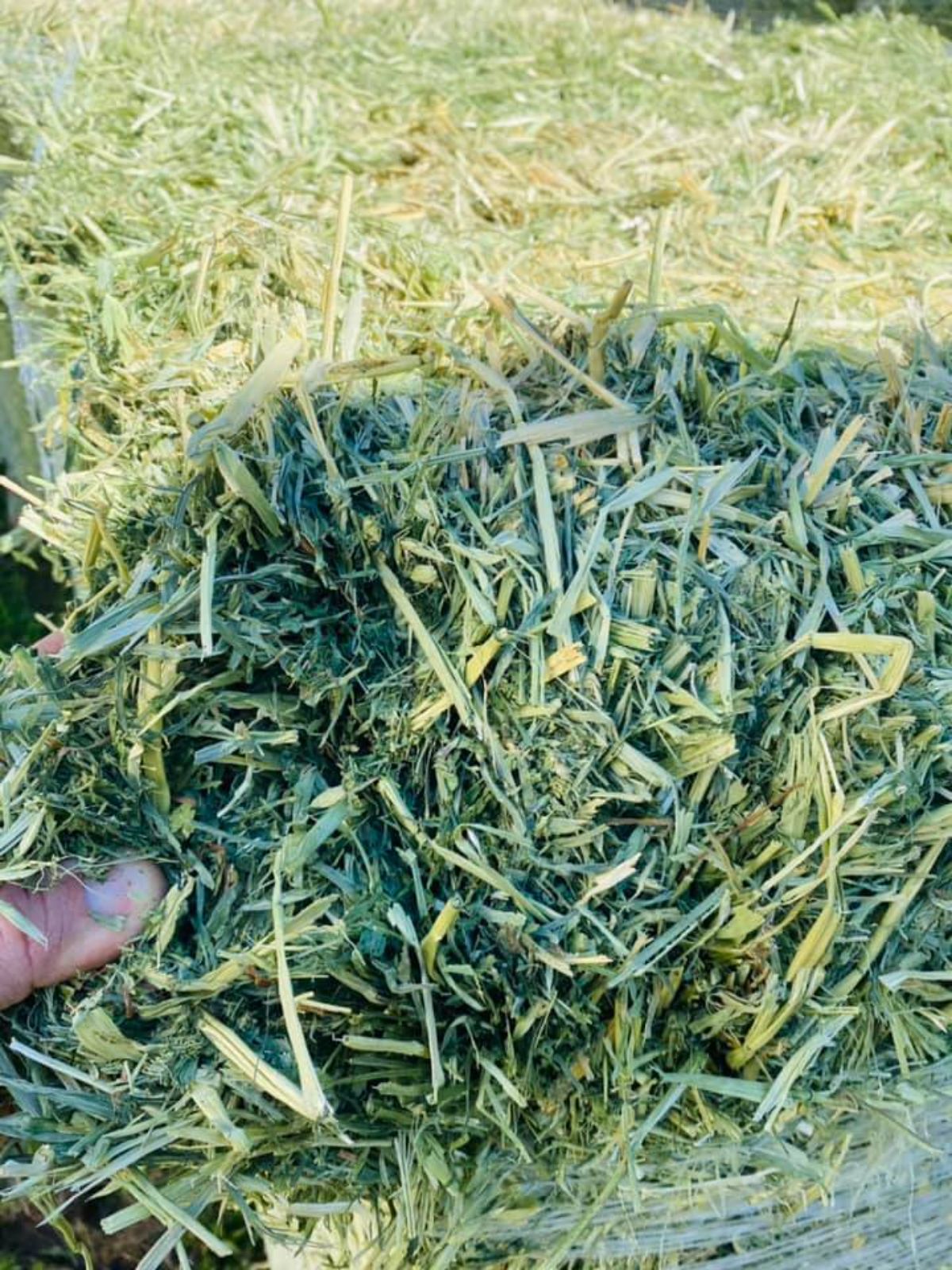
While Alfalfa hay is the best hay for horses in winter, you can mix oats to increase the protein levels. Oat hay has 8-10% higher crude protein than other types of hay.
An Alfalfa-oat mix has a higher protein content than most combinations. However, this mixture lacks other mineral content to keep your horse healthy. Many combine this mix with mineral-rich supplements to keep their horse in a healthy weight, energy, and growth.
Adding a copper supplement to your horse's diet is important if you feed them Alfalfa hay in the winter or a protein-rich Alfalfa-oat mix.
3. Barley Hay
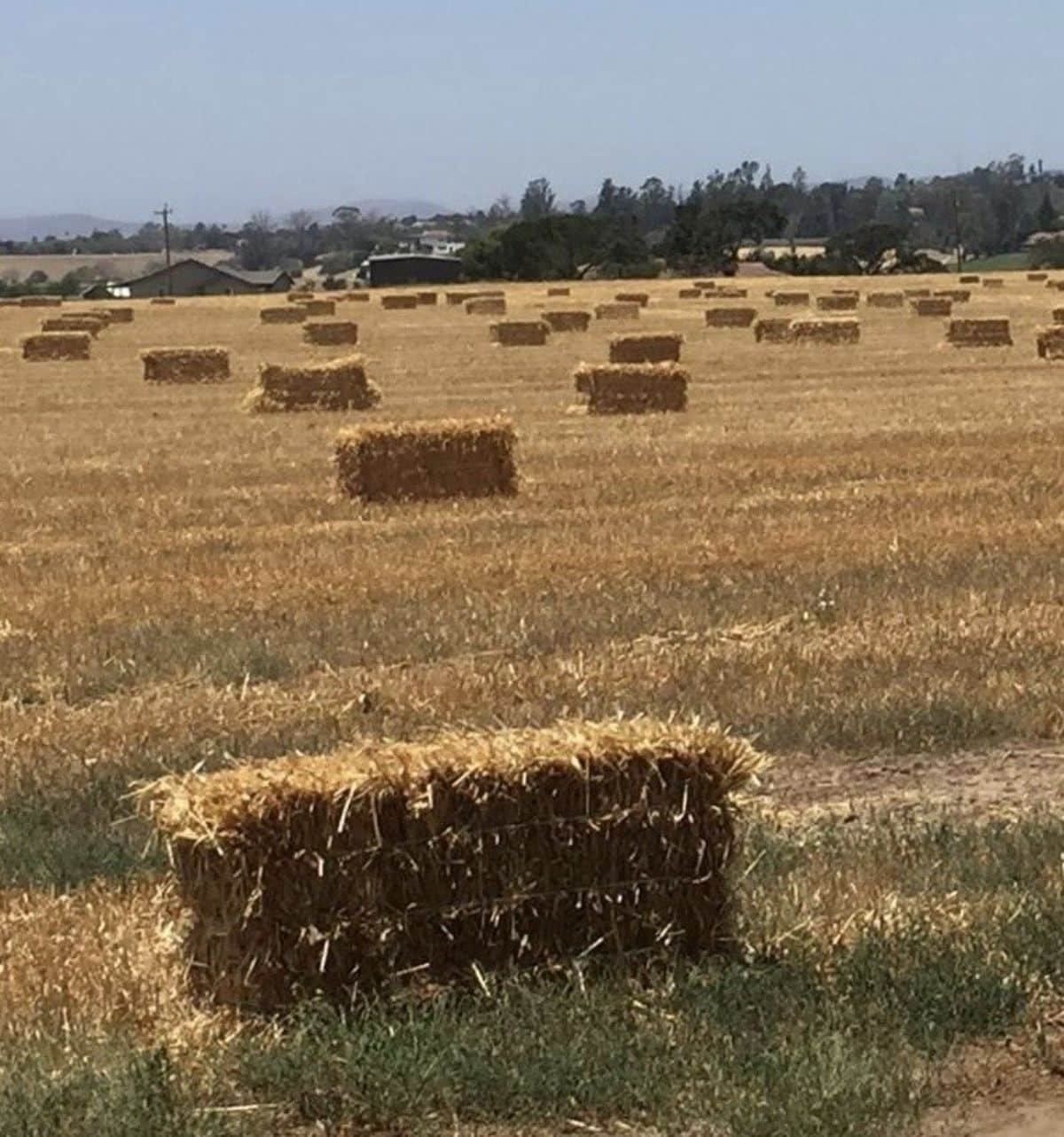
Barley hay looks similar to the barley you'd eat on your own. However, it's important to know that it must be green to serve your horse.
Barley hay is a horse hay idea requiring much more knowledge and attention.
For example, if your hay isn't green and the tops are hard to the touch, then it's not safe for your horses to eat. This is because the hard tops can cause injury to their mouths.
4. Bromegrass Hay
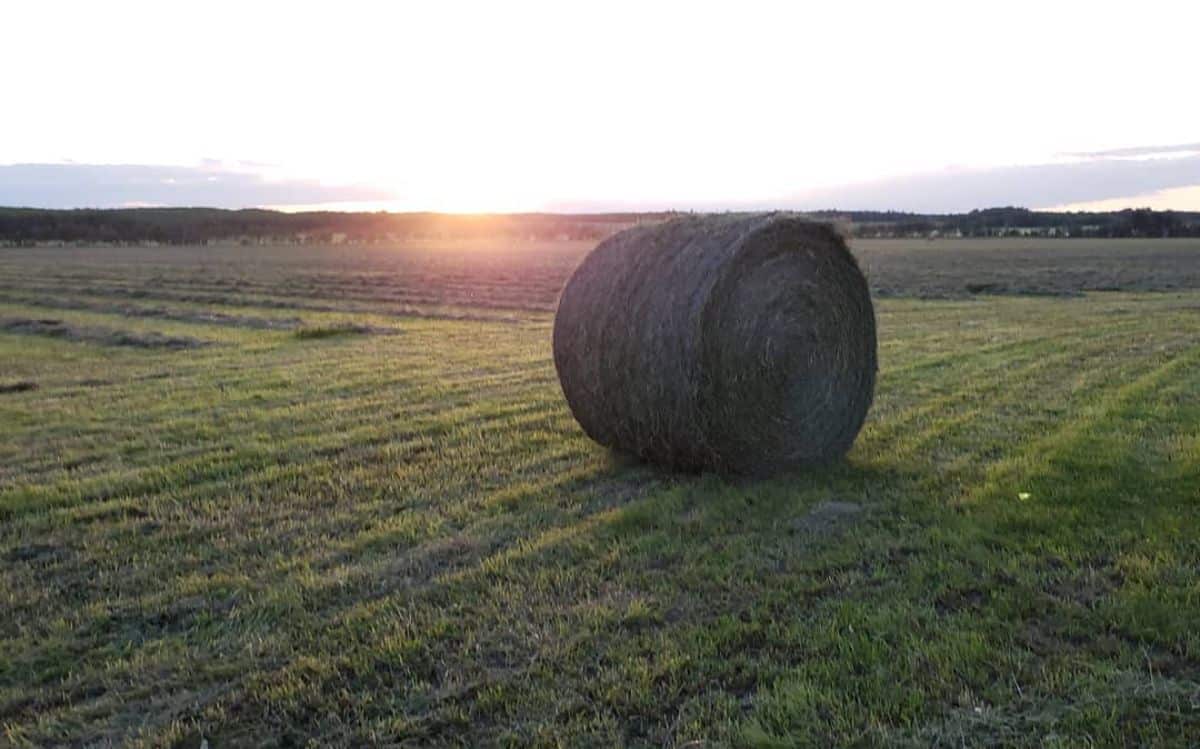
Bromegrass hay is a fan favorite among many horses worldwide. It's one of the most popular because it's the easiest to eat, tastes good, and offers a decent amount of protein for horses.
Horses training for competition or training shouldn't eat large quantities of bromegrass hay because it might lessen their energy.
Many people add bromegrass hay to alternate high protein hays like alfalfa and clover to keep their energy intact daily.
5. Clover Hay
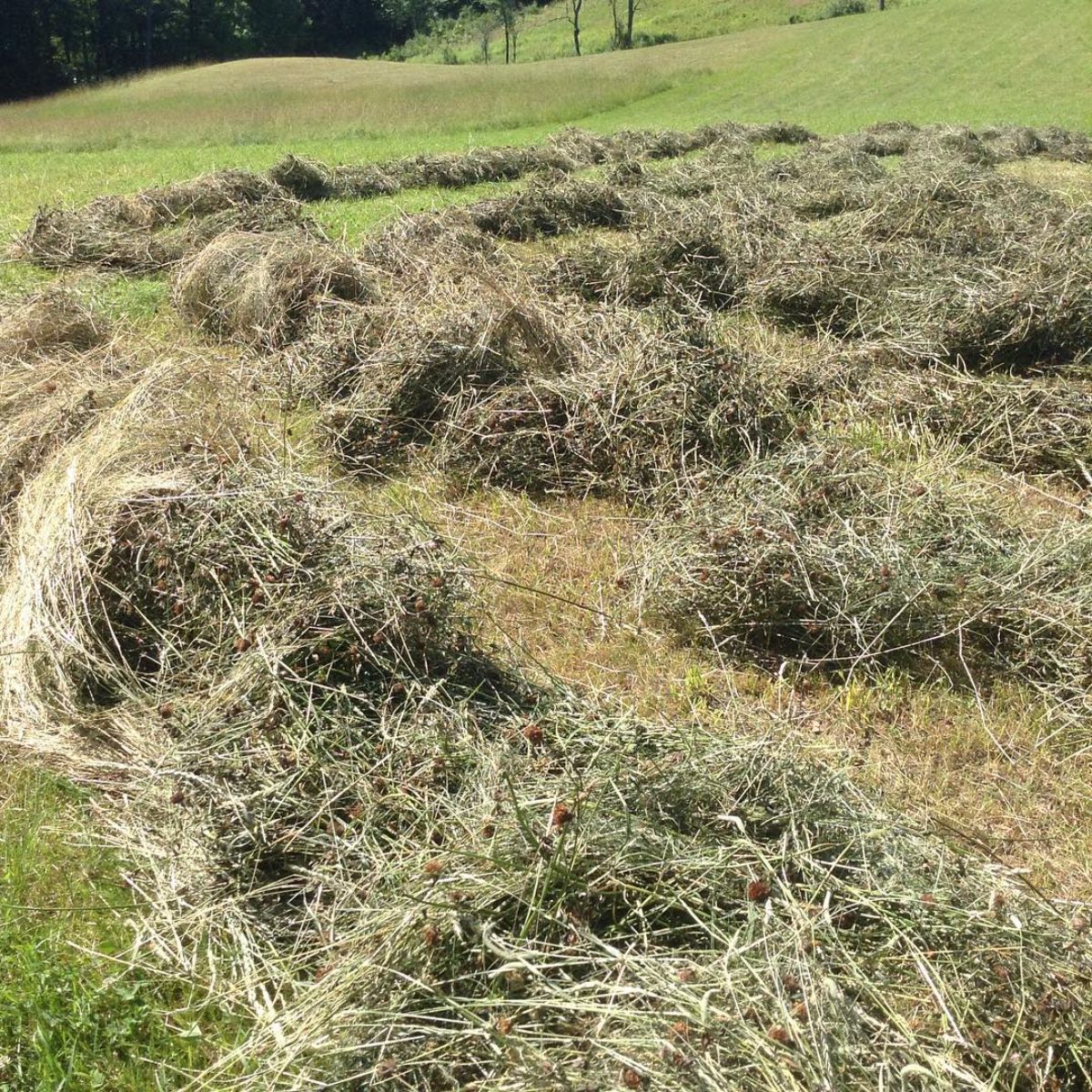
Clover hay is a version of hay that comes from a legume. Legume hay types combine the protein, fiber, and calcium your horse needs.
Clover hay is a less common horse hay idea. It's more difficult to cut and bale clover than other types of grasses.
Proper hay storage is necessary for clover hay because it has a high moisture content. The high moisture content allows for mold to develop in the hay easily. If this happens, you must get rid of it immediately.
6. Coastal Hay
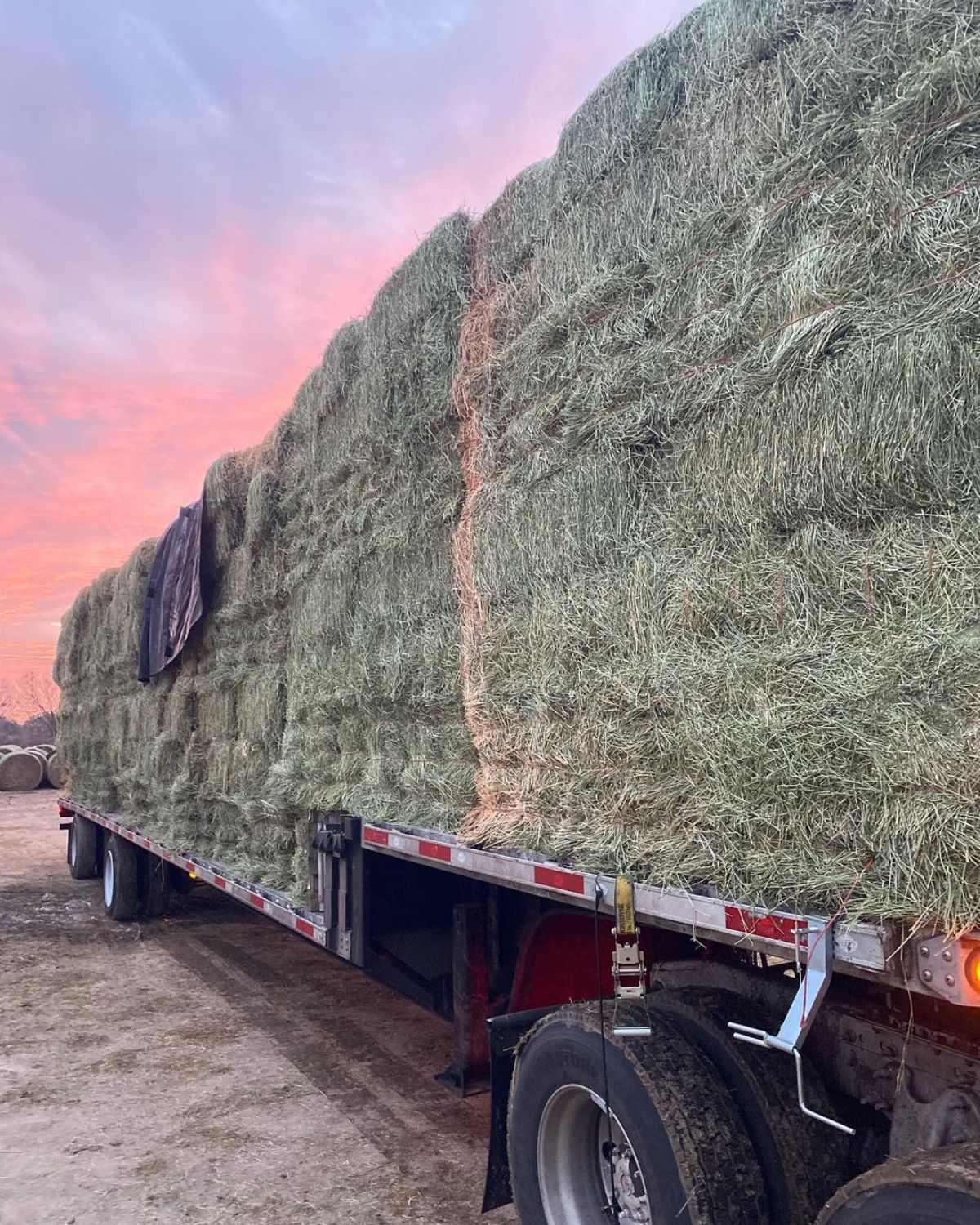
Coastal hay is a horse hay idea for anyone raising horses in the southern area of the United States. It's a prevalent type of horse hay on the East Coast.
The nutritional contents of coastal hay depend on its harvest. However, if harvested correctly, coastal hay is the perfect option for horses with laminitis.
Aside from harvest, coastal hay has one of the west crude protein levels of only 5%.
7. Jiggs Hay
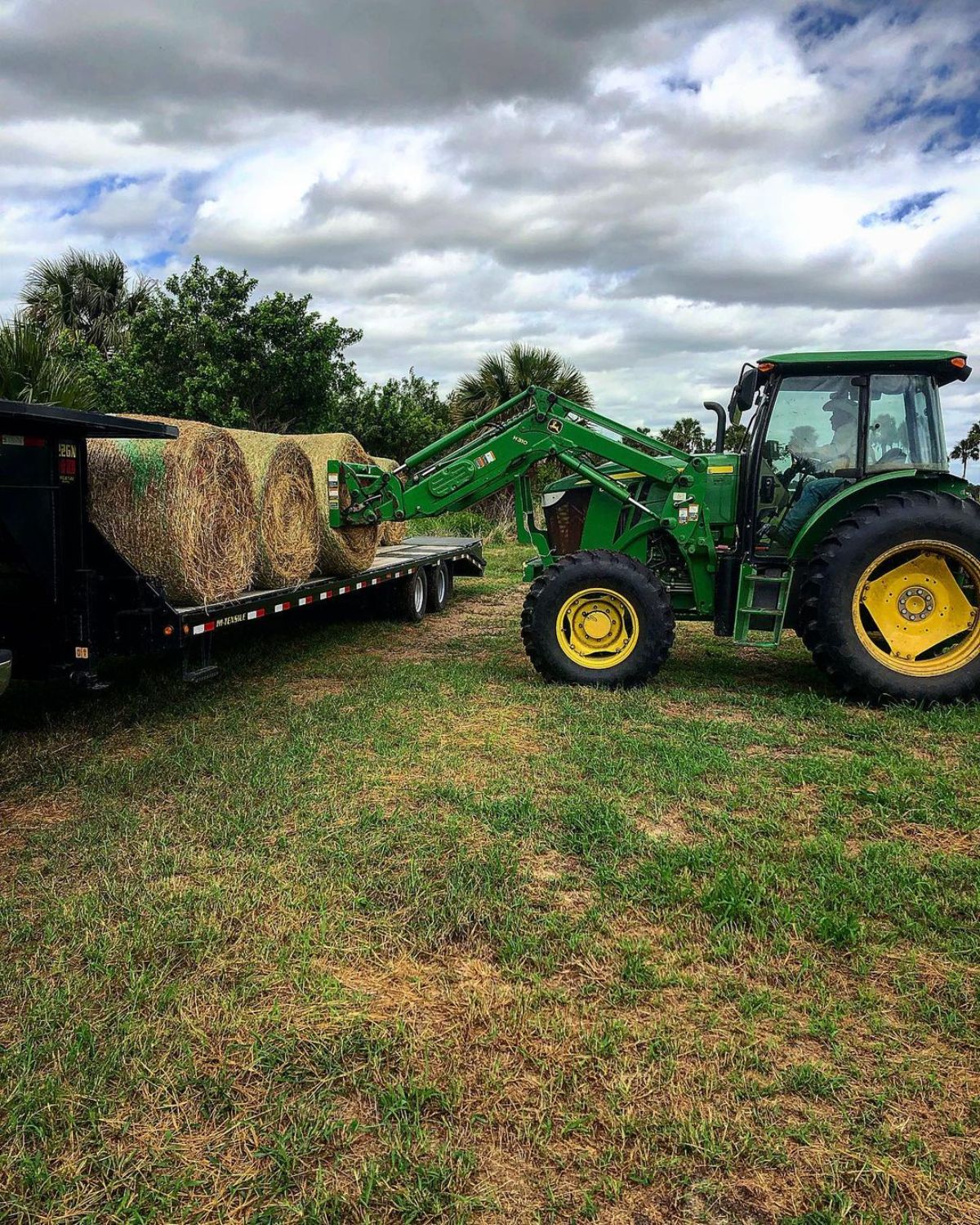
Jiggs hay is a great horse hay idea for more active horses. It's a great option because it has one of the highest crude protein levels of 13%. Most horses need high protein levels to energize them, but Jiggs hay works best for hardworking and active horses.
You can grow Jiggs hay in nearly any climate because it quickly grows in soil that needs to be well-drained.
Many types of hay need to be grown in dry conditions to keep mold from growing.
8. Oat Grass Hay
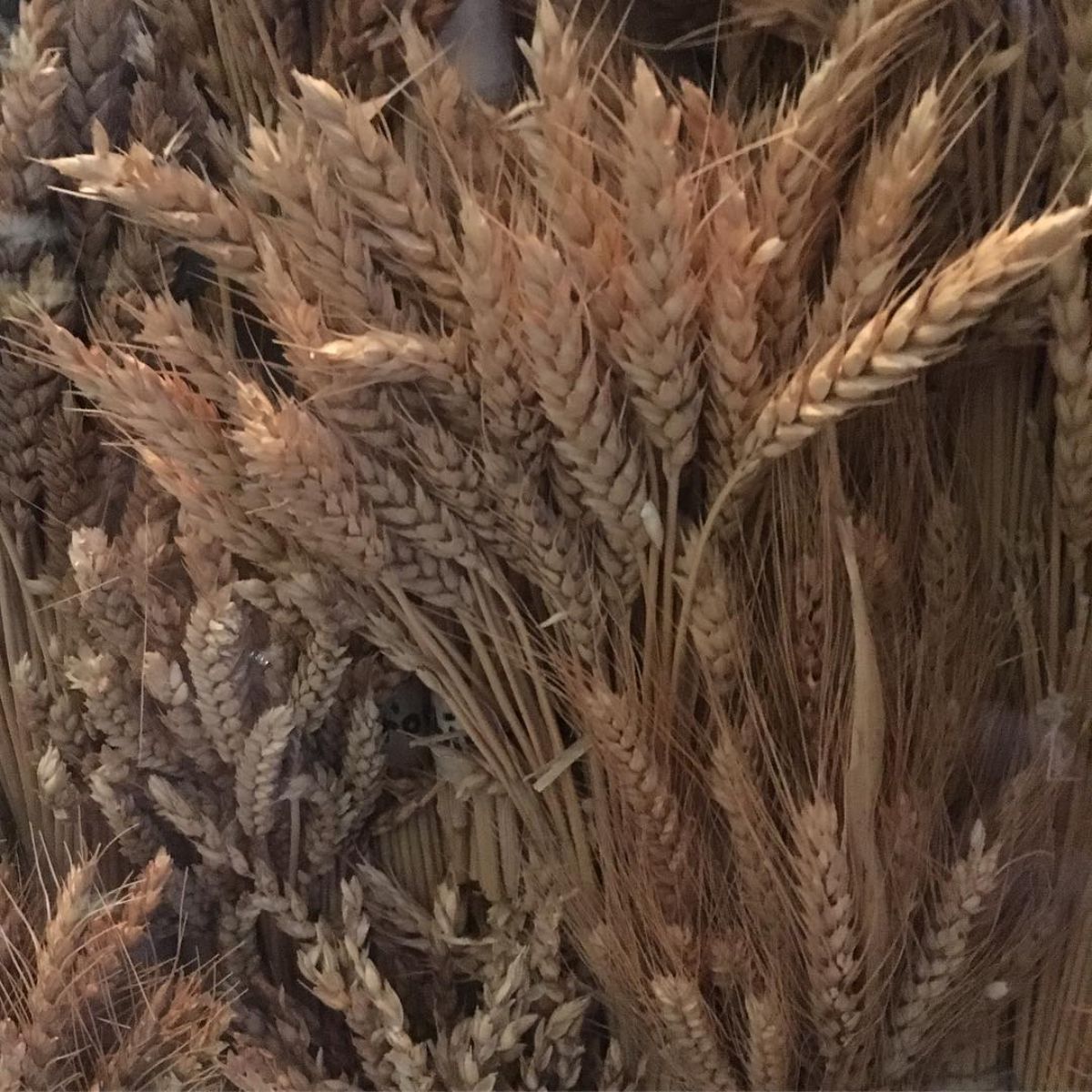
Like the alfalfa-oat mix, oat grass hay has a higher protein content than other hay types.
Also, many people shy away from oat-based hay because their horses rarely agree with the taste and digestion. However, oat grass is different because it's a safe oat grain food option for horses.
Oat grass hay is a different horse hay idea because it contains more vitamin A while having one of the lowest potassium contents of the main hay types.
Oat grass hay is a horse hay idea that requires more supplements for horses because it lacks copper. Copper is an essential mineral for healthy horses.
9. Orchard Grass
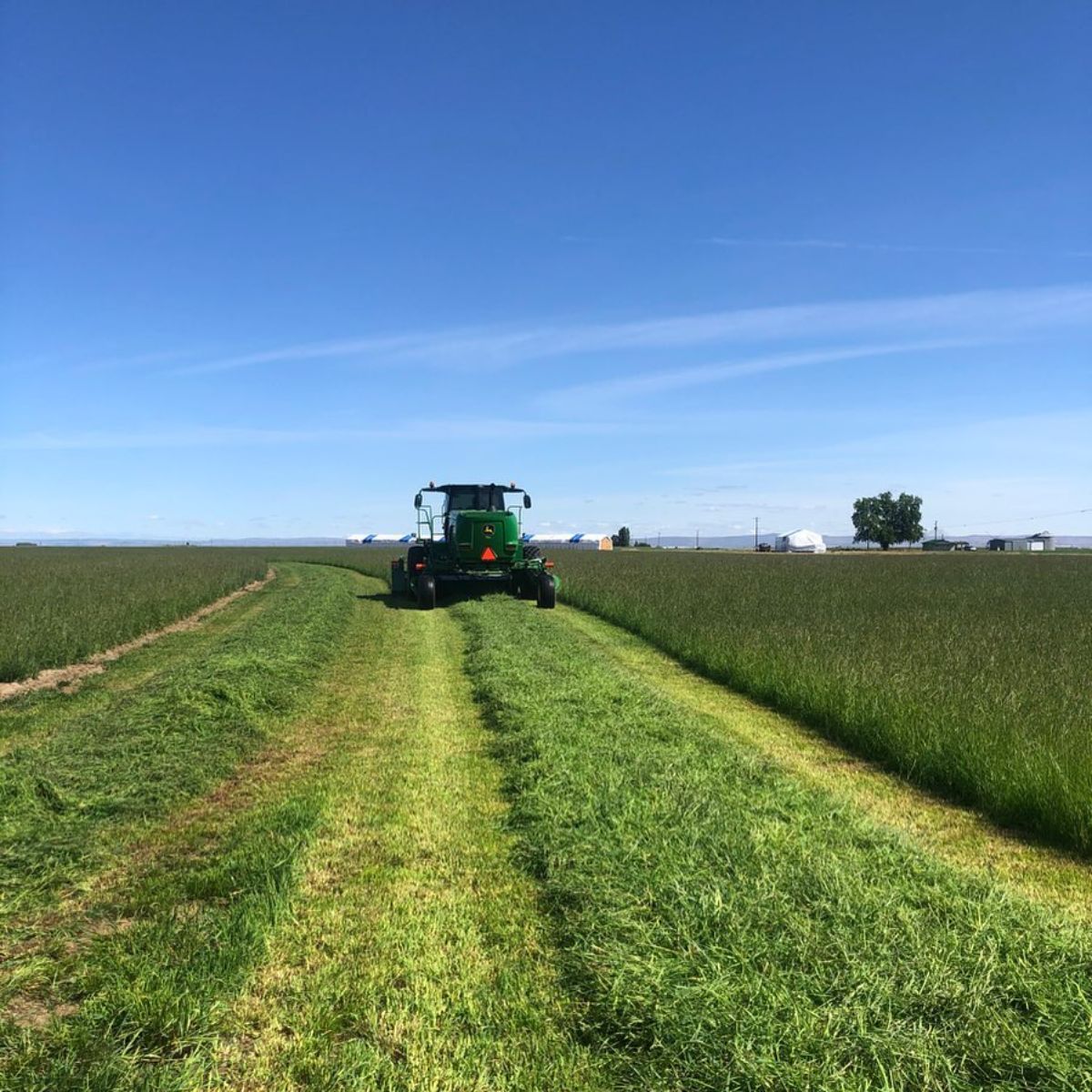
Orchard Grass hay is a great option for horses because the high protein levels ensure your horses stay energized. However, it would be best to feed your horse Orchard Grass sparingly because it's high in calories and makes horses gain weight faster.
Aside from higher calories and protein, Orchard Grass offers the same amount of calcium they'd reach in various hay choices, including Timothy grass hay.
10. Tifton 85
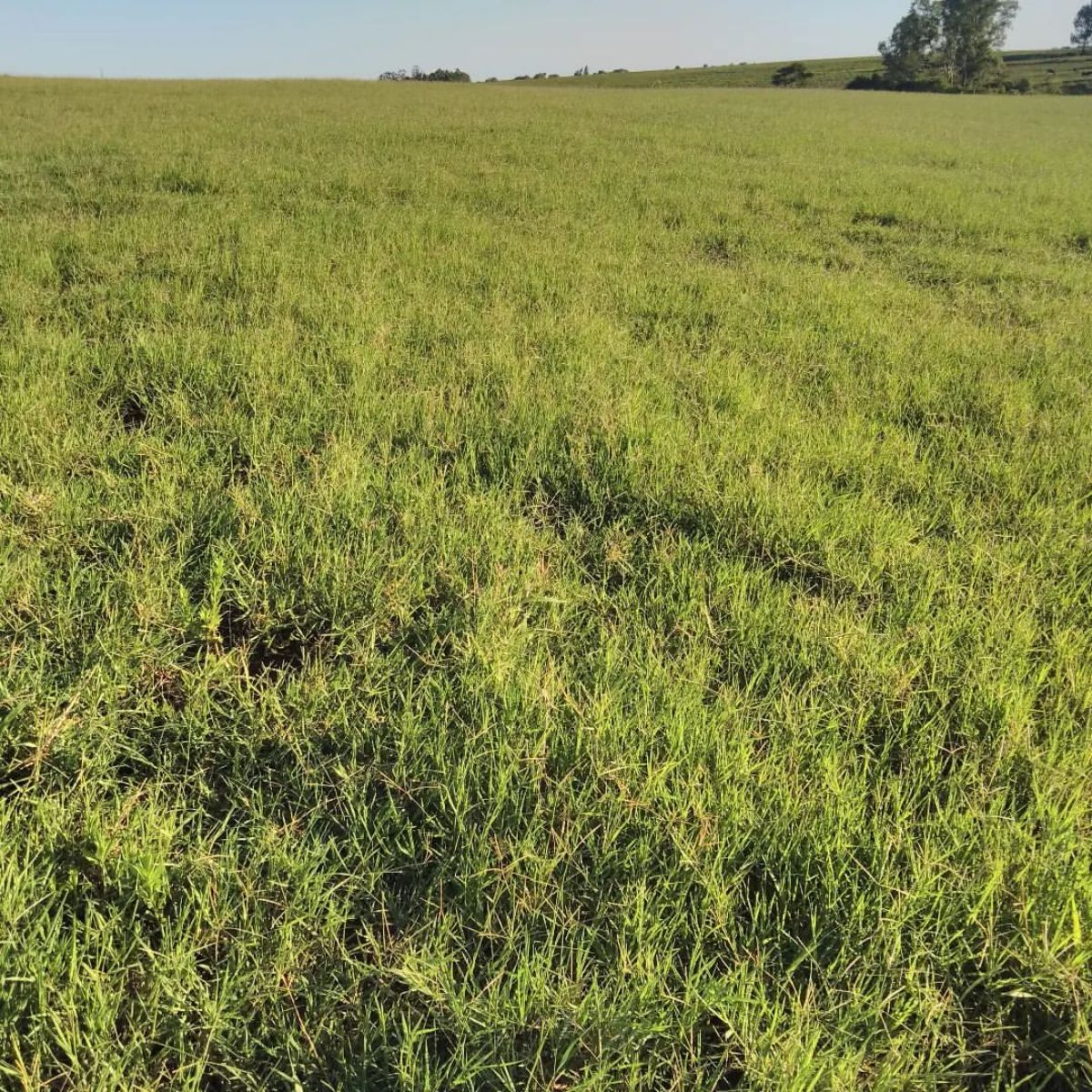
Tifton 85 is a combination of South African grass and Tifton 68. Tifton 68 is a variety of Bermuda grass, the base for multiple types of horse hay.
Tifton 85 is similar to Timothy grass hay because it's easy for horses to digest. However, it's one of the reasons why it's not the best hay for horses in winter. As stated, horses need less digestible fodder in winter to keep warm.
11. Timothy Grass Hay

Timothy grass hay is the most popular and best hay to feed your horses. Typically, you'll find Timothy grass hay in northeastern parts of the United States.
However, finding different times of the year is challenging because it needs a sustained water supply to grow. The water supply is best in the upper midwestern part of the United States at different times during the year.
Unlike other horse hay ideas, Timothy hay is known for being the easiest to digest. As digestion becomes easier, Timothy hay produces less irritation in their intestines. Also, Timothy hay is high in fiber, preventing constipation in horses.
Horse Courses by Elaine Heney
- Listening to the Horse - The Documentary by Elaine Heney & Grey Pony Films
- Shoulder In & Out Training for better balance, bend & topline development with your horse
- Over 110+ Polework Exercises & Challenges to Download
- Dancing at Liberty & Creating Connection with Your Horse (11 lessons) - Grey Pony Films
Aside from internal benefits, Timothy hay produces external benefits like giving horses a shiny-looking coat. Also, it keeps horses at a healthy weight without making them overweight.
Wrapping Up
All horses are different. They're raised, trained, and fed differently in various parts of the world. For example, one type of hay may work for one horse, but it's not nutritionally for another horse.
Horses develop their individual preferences over time, but you must continuously feed your horse the type of hay that will keep them healthy.
Finally, many horse hay ideas are out there, and it's up to you to determine the best one for your horses.

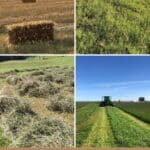
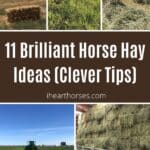


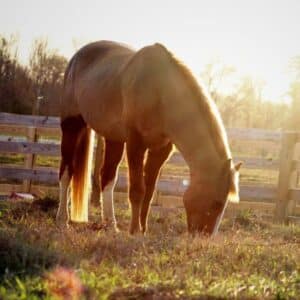

Leave a Reply